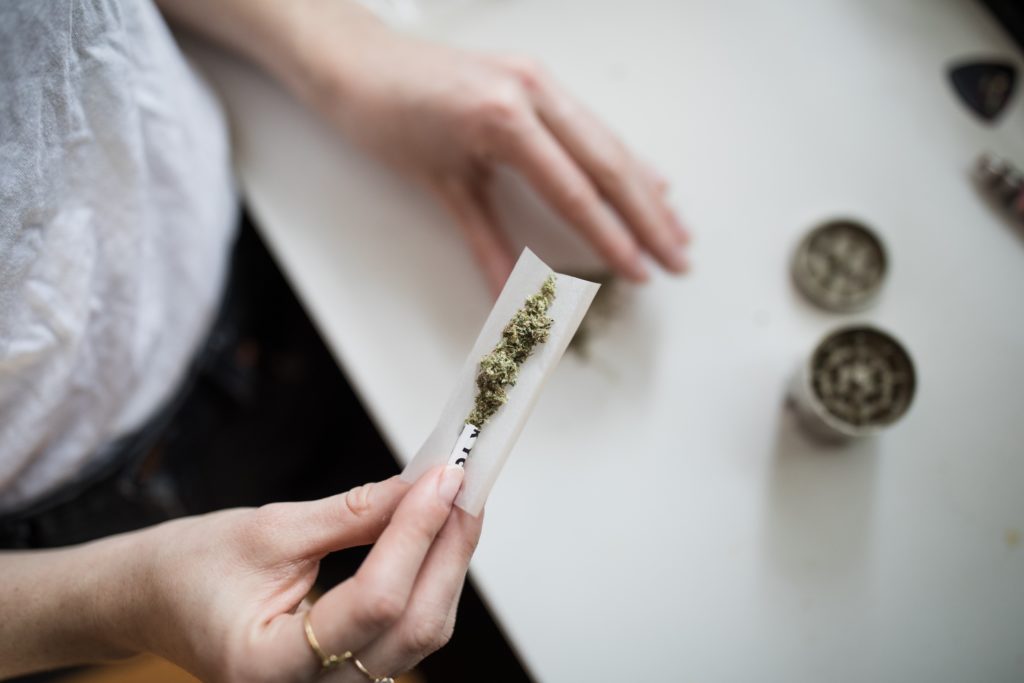One Hit of THC Tied to Psychotic Symptoms in Adults with No History of Mental Illness

In a meta-analysis published in the journal Lancet Psychiatry, researcher Guy Hindley and colleagues reported that in otherwise healthy adults, a single dose of THC (equivalent to smoking one joint) produced transient psychotic symptoms.
The meta-analysis included 9 studies with a total of 196 participants. The researchers included studies in which participants took tetrahydrocannabinol (THC, the psychoactive component in marijuana) or placebo, and psychotic symptoms were measured.
The researchers also sought out studies in which cannabidiol or CBD was given in combination with THC, but there were not enough of these to derive significant results. CBD does not produce schizophrenia-like symptoms on its own, and some think it may have anti-psychotic effects, but findings on this topic have been mixed.
Taking THC had a large effect size on total psychotic symptoms and negative symptom severity (such as emotional flatness or avolition). It also had an effect on positive symptom severity (for example, hallucinations or delusions). The effects were larger with intravenous administration than with inhaled administration, and tobacco smokers had less severe positive symptoms.
Of four studies that included CBD, only one found that CBD reduced THC-induced psychotic symptoms.
Editor’s Note: Longer-term use of marijuana in adolescents and young adults doubles the risk of psychosis, and other data suggest that chronic use of marijuana at high doses can be associated with new onset of a diagnosis of bipolar disorder or schizophrenia. As cannabis products are being decriminalized around the US, it is worth noting some of the risks of marijuana use, particularly marijuana with a high level of THC.

